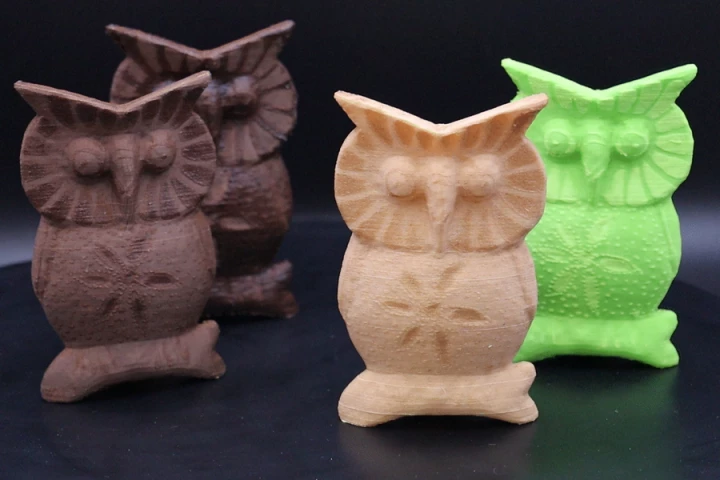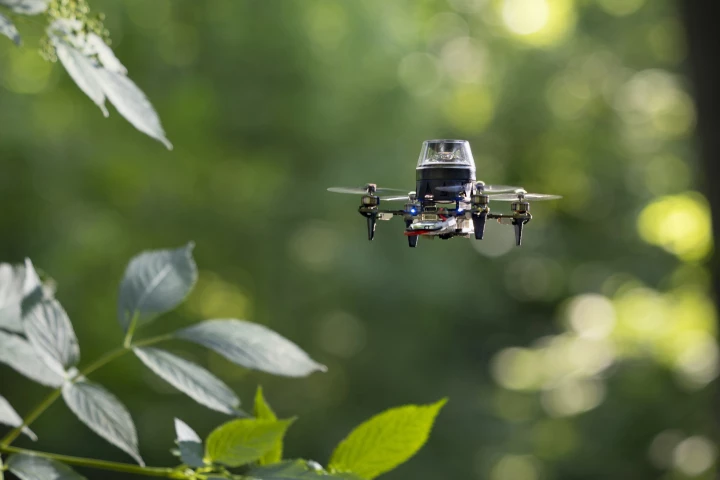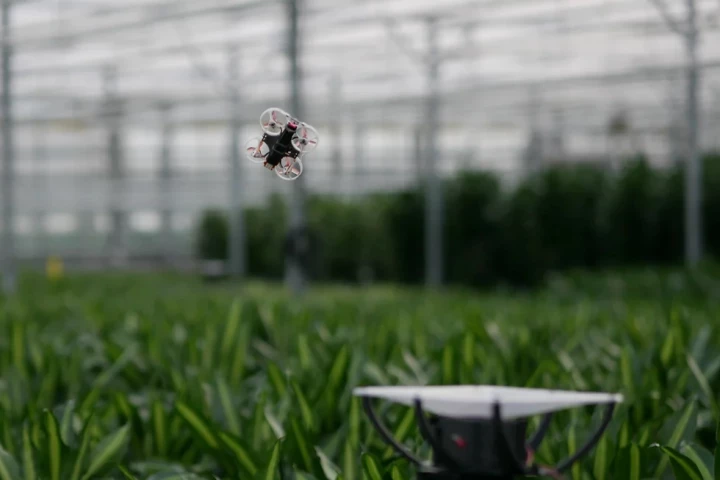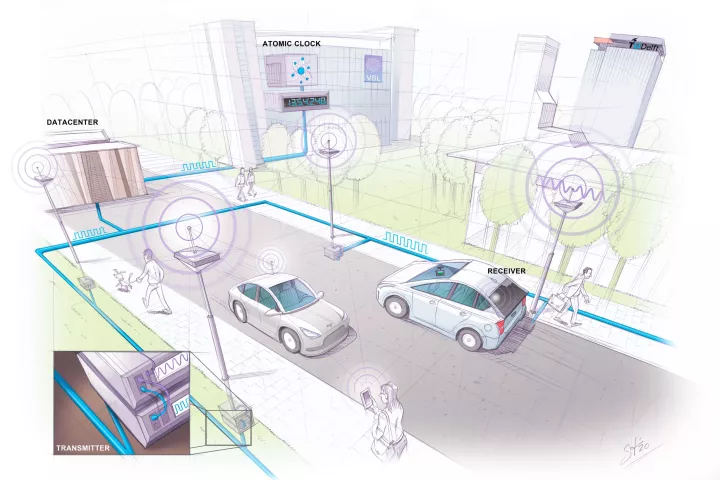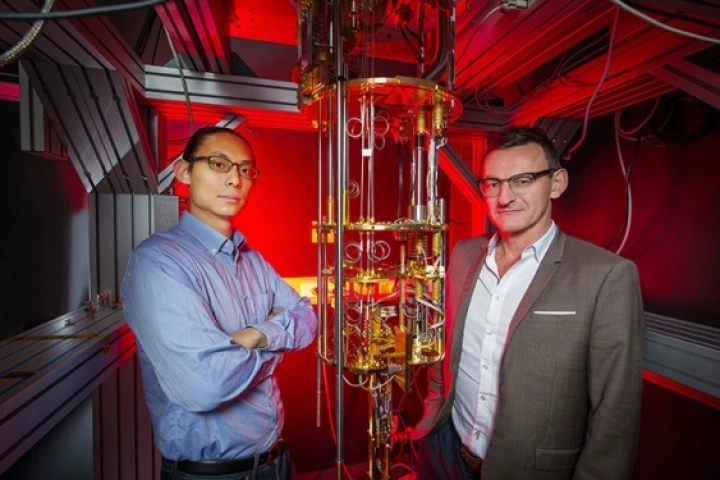Delft University of Technology
-
Ordinarily, the 3D printing of multi-colored objects is a relatively complex and inefficient process. That could soon change, however, thanks to a clever new technique in which a temperature-sensitive print media gets "ironed" after being extruded.
-
Tiny aerial drones have many potential uses, but their ability to navigate is severely limited by their minuscule amount of onboard processing power. Scientists have now set about addressing that limitation, taking a cue from foraging insects such as ants.
-
A Dutch startup spun out of the Delft University of Technology has launched the Kitepower Hawk, a wind energy storage solution that's designed to replace diesel generators for small island communities, on construction sites or in agriculture.
-
Just like their field-dwelling counterparts, plants grown in greenhouses are preyed upon by flying insects. The Dutch-designed PATS system is designed to help, by sending tiny drones to chop those insects up in mid-air.
-
A student team from TU Delft presented the latest Eco-Runner in May, a hydrogen-powered city car concept designed to be more than a hundred times more fuel-efficient than modern fossil-fuel vehicles. Now the car has set a Guinness distance record.
-
Is there anything ChatGPT can’t do? Researchers have now used the large language model to help them design and construct a tomato-picking robot. They say that while it demonstrates the great potential in human-AI collaboration, there are risks.
-
GPS has its limitations in urban areas where signals can get noisy. Now, engineers in the Netherlands have developed “SuperGPS” – a hybrid positioning system that combines wireless and optical connections to pinpoint locations within centimeters.
-
A TU Delft team has demonstrated a one-way superconductor that gives zero resistance in one direction, but blocks current completely in the other. The discovery, long thought impossible, heralds a 400x leap in computing speed and huge energy savings.
-
If one of the motors conks out on a quadcopter drone, the aircraft usually just crashes. Thanks to new research, however, such disabled drones could soon not only remain airborne, but even complete their trip.
-
Current-gen quantum computing "qubits" need to be kept incredibly cold – below 0.1 Kelvin (-273.05 °C/-459.5 °F). But new "hot qubits" developed at UNSW can work 15 times hotter, opening the door to radically smaller, cheaper quantum computers.
-
Drone racing with human pilots at the controls has quickly evolved from an underground hobby to a fully fledged professional sport. But for its 2019 season, the Drone Racing League introduced a new kind of competition.
-
Hazardous places such as burning buildings can be dangerous to explore, which is why scientists are increasingly looking at using swarms of tiny drones to do the job. A bioinspired navigation system could help make such life-saving swarms a reality.
Load More
